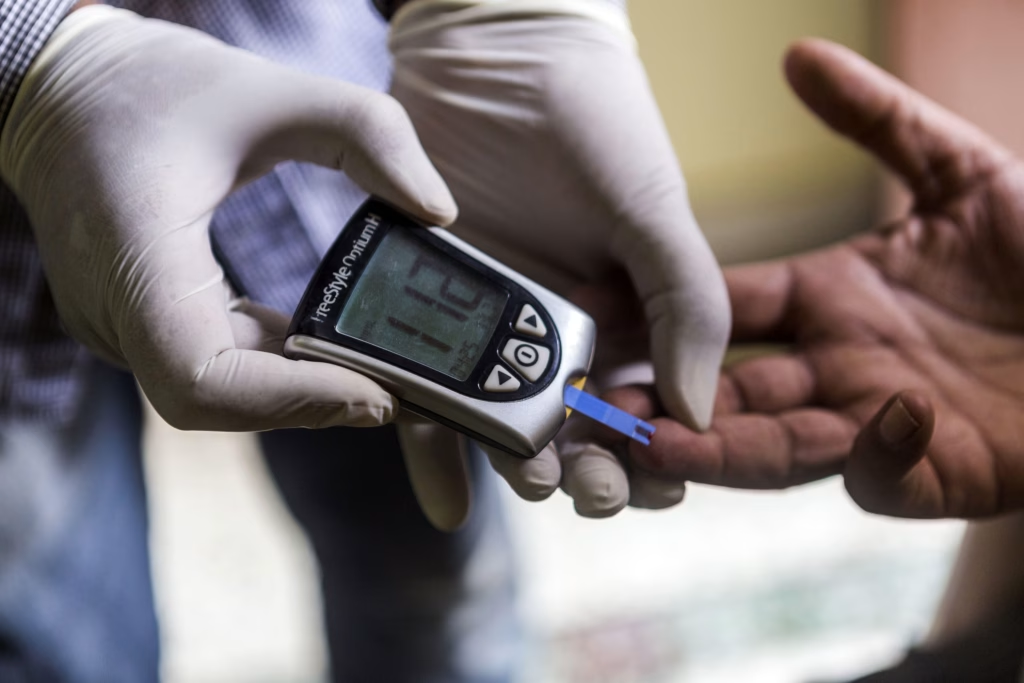
A young woman with type 1 diabetes started producing her own insulin just months after a new stem cell treatment. She remained insulin-free one year after the procedure.
This is the first known case of long-term insulin independence from stem cell therapy.
Researchers in China shared the results with Medical News Today. Two more people have since joined the ongoing clinical trial.
Groundbreaking Clinical Trial in China
Dr. Hongkui Deng, a cell biologist at Peking University, leads the trial. His team published the findings in Cell.
He confirmed that three patients are enrolled so far. They joined the trial one at a time, following safety rules.
Researchers plan to track each patient for at least two years to measure long-term outcomes.
How the Stem Cell Therapy Works
Doctors took fat cells from a 25-year-old woman with type 1 diabetes. They reprogrammed those cells to become pluripotent stem cells.
These stem cells can become almost any cell in the body. Scientists turned them into islet-like cells. These are the cells that make insulin in the pancreas.
Type 1 diabetes destroys islet cells through an autoimmune attack. This leads to high blood sugar and many health risks.
Patient’s Background and Results
The woman had a history of serious diabetes complications. She had undergone two liver transplants and a failed pancreas transplant.
Doctors injected the new islet-like cells under her skin and abdominal muscle. The cells survived and developed their own blood supply.
Within 10 weeks, she no longer needed insulin injections. After one year, she remained insulin-independent.
Before treatment, she stayed in her target blood sugar range only 43% of the time. Four months later, that number rose to 96%.
Her long-term blood sugar levels dropped to normal non-diabetic levels.
Other Trials Are Showing Promise
While this is the first long-term case, more stem cell trials are underway.
In June 2024, Vertex Pharmaceuticals shared phase 1/2 trial results. They tested lab-grown islet cells on 12 people with type 1 diabetes.
That trial has now expanded to include 37 participants.
In 2021, Canadian researchers studied a similar approach. They implanted stem cell-derived pancreatic cells into 17 patients.
Expert Opinions on the Breakthrough
Dr. James Shapiro, a surgery professor at the University of Alberta, spoke about the Chinese study.
He said the results didn’t surprise him. His team has reversed diabetes in mice using similar methods.
He praised the Tianjin team for their success using the patient’s own cells. This reduces the need for anti-rejection drugs.
The Future of Stem Cell Treatment for Diabetes
Dr. Shapiro believes more work is needed before this becomes a widespread treatment.
He raised key questions:
- Can the process scale to help more patients?
- Will it work without immune-suppressing drugs?
- How can we avoid producing unwanted cell types?
Dr. Deng agreed. He said the focus now is on improving the manufacturing process and immune protection strategies.
Conclusion
Stem cell therapy could transform diabetes care. This case shows it’s possible to restore insulin production naturally.
With more trials and research, the future looks hopeful for people living with diabetes.



